Philip Glass - Old Town School of Folk Music, 3/11/2016
by Lisa Torem
published: 22 / 12 / 2016
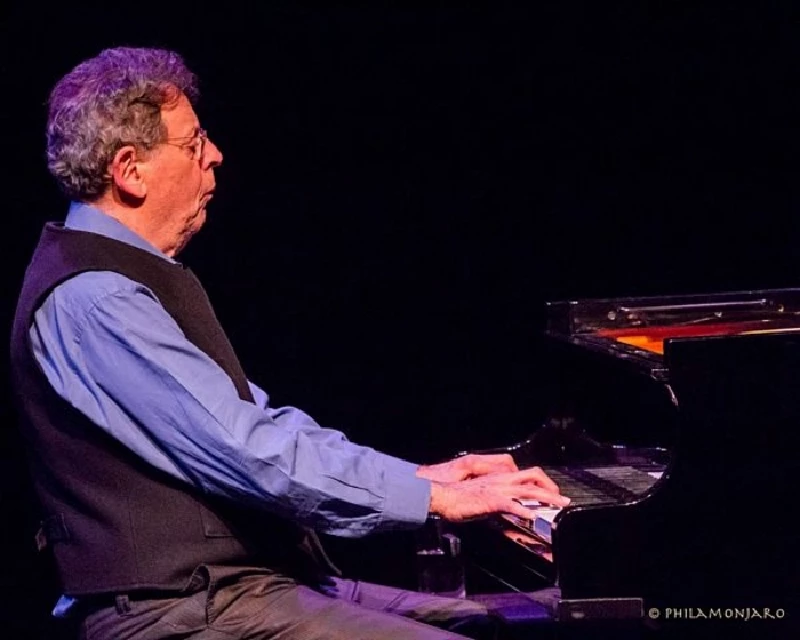
intro
Lisa Torem watches American composer Philip Glass perform an eloquent solo show at Chicago’s Old Town School of Folk Music
Raised in Baltimore, Maryland, American composer Philip Glass enjoyed growing up in a musical household. His father, a record shop owner, introduced his son and a steady stream of customers to a broad spectrum of genres, including classics and jazz. Glass eventually studied at the University of Chicago, at Julliard and with Nadia Boulanger. In the 1960s, he was considered, along with Steve Reich, La Monte Young and Terry Riley, a strong proponent of the minimalist movement, a label which he later found to be limiting, as he possessed a strong foundation in traditional harmony and counterpoint, although he does describe himself as a composer of “music with competitive structures.” Composers associated with the genre have often faced criticism because they, theoretically, demand much from the listener. Author Justin Davidson, of the ‘New York Magazine’, initially had trouble navigating the art form. “I felt that I could have walked away in the middle of an arpeggio, had a four-course dinner, and returned to find those soothing chords still burbling away,” he wrote. But he later developed a strong appreciation, after discovering “long, seductive stretches that buzzed with energy…” But there are the ardent fans, too, who have consistently acknowledged his groundbreaking, experimental work and greatly admire the fact that he is so prolific. In 1976, with designer Robert Wilson, he composed the nearly five-hour experimental opera ‘Einstein on the Beach’, which was first launched in the south of France and has since been revamped globally. The opera included the mind-numbing count down of numerals – (was this due to his rigorous training in mathematics at the U. of C.?) and angelic choral parts, along with a time line of the scientist’s life, but Glass did not stop there—he has composed 24 operas, ten symphonies, eleven concertos, seven string quartets and multiple Award-winning film scores (‘Kundun,’ ‘The Hours,’ Mishima’…) Fond of collaboration, he has worked with David Bowie, Woody Allen, David Byrne, Leonard Cohen, Brian Eno, Allen Ginsberg, Paul Simon, Twyla Tharp and Suzanne Vega. He has consistently honoured composers that inspire him – consider the dual flute, solo piano composition he dedicated to Eric Satie, ‘How Now’. Perhaps his mid ‘60s project with Ravi Shankar (‘Chappaqua’) afforded him the freedom to focus on the present when writing in luxurious long form. Would it not be disrespectful to rush through a raga? His work is often associated with social justice movements - ‘Satyagraha’ was inspired by Mahatma Gandhi and Martin Luther King, Jr. and, fairly often, pieces targeted for a specific project get subsumed into later projects – such as when portions of the score for ‘Koyaanisqatsi’ ended up in the acclaimed ‘Glassworks’ (1982). Glass has also held a long-standing fascination for universal language. The text for ‘Akhnaten’ included passages drawn from ancient Egyptian and Hebrew. He would surprise his Old Town School audience later with a spoken word recording from an American beat poet. His fiercely conceived lines and dreamy harmonies have adorned countless movie scores. Like composer Debussy, who resented the term “Impressionist”, Glass has refused to be short--changed by commercial labels. And, like Debussy, Glass prides himself by colouring outside the lines of conventional musical form, even when that form requires patience from the listener. After Glass quickly sold out his first show at the Old Town School of Folk Music’s Mauer Hall, a second show had been added. First-show guests were still animatedly discussing their reactions, as the new crowd ambled in, slightly before 10 p.m. As they were led to their seats, the excited fans had a stunning view of a gold-tinged, gleaming grand. There would be no opening act – which made the upcoming appearance even more eventful. When Glass appeared on stage, the house rose immediately from their seats to cheer and applaud. Glass humbly smiled. There was a welcoming air of familiarity about him. He was dressed like a tenured college professor, with a navy blue sweater vest, crisply- tailored shirt, pedestrian trousers, sensible shoes and wire specs that revealed warm, deep-set hazel eyes. He stood up from the grand piano before each selection to recount an amusing anecdote or relevant back story, adding, “Well, you’ll know what I mean when I play it,” before sitting back down, getting lost in the essence of the upcoming passages. His first piece was ‘Mad Rush,’ closely aligned to his relationship with the Dalai Lama. The two commanding lines sounded at once tragic, yet carefree and weightless. His focus was intense; his posture and finger tips on high alert. He announced and then played ‘Metamorphosis’ from ‘Solo Piano’ (1989). The piece held the audience spellbound with a bold, Beethoven-like pedal point, rising dynamics and an evocative recapitulation on the upper register. Soon a seething swirl of arpeggios echoed, as the bass dissipated. He reminded us about ‘The Etudes’ and played “the last two pieces of the first book.” Those familiar with ‘Dreaming Awake’ know that Glass painstakingly composed his famed twenty etudes to solidify his classical technique. The work included a thunderous conversation between hands and some whimsical, bluesy runs, reminiscent of Klezmer. Up until then, It had been an evening of penetrating solo piano, but then Glass completely shifted gears. He explained his quickly-forged friendship with counter-culture poet Allen Ginsberg, and how they immediately made plans to tour together after conversing in a New York book store. At that meeting, their eyes were drawn to one of the beat poet’s own books on the shelf – ‘Wichita Vortex Sutra’, a stream-of-consciousness poem, which had been written by Ginsberg in only an hour, as he sat in the back of a van with two buddies, railing through the Kansas plains, ranting the stanzas into a microphone. He was angry about the Vietnam War. He was appalled at the social injustice that prevailed in the American ghettos. He swooned over “the invisible father of English visions,” William Blake. Glass explained to us that it had taken him a while to get used to the idea of sharing this recorded collaboration. We would soon see why… Ginsberg’s fed-up reactions and off-kilter observations filled the room, as Glass tactfully brought to life and embellished each phrase on the Grand. As Ginsberg’s voice rose, Glass held slightly back, but then succumbed to the intensity of the offbeat vernacular with tumbling, discord and, when needed, gentle harmonic waves. After this remarkable display of emotion. Glass, without ceremony, quietly left the stage. The audience quickly rose from their seats to demand an encore. They waited. He returned, shot a dignified glance towards the back of the house and respectfully bowed. And, after playing two sold-out shows in one night, back to back, that conciliatory bow spoke volumes. Photos by Philamonjaro www.philamonjaro.com
Also at Old Town School of Folk Music, Chicago
Band Links:-
http://philipglass.comhttps://www.facebook.com/philipglassmusic/
https://twitter.com/GlassNotesBlog
https://en.wikipedia.org/wiki/Philip_Glass
Picture Gallery:-
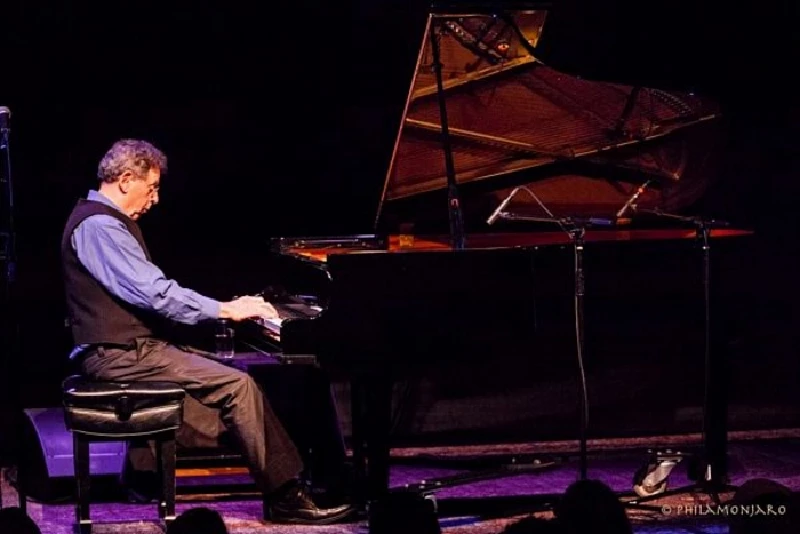
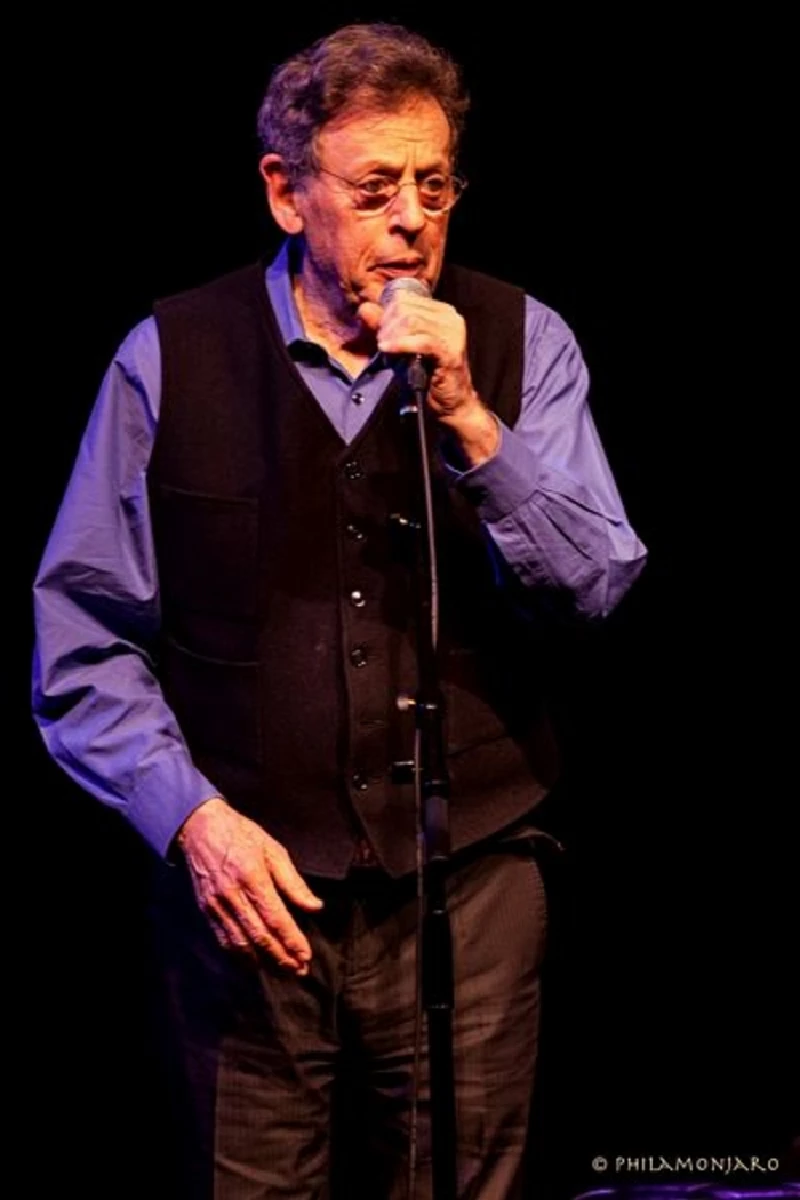
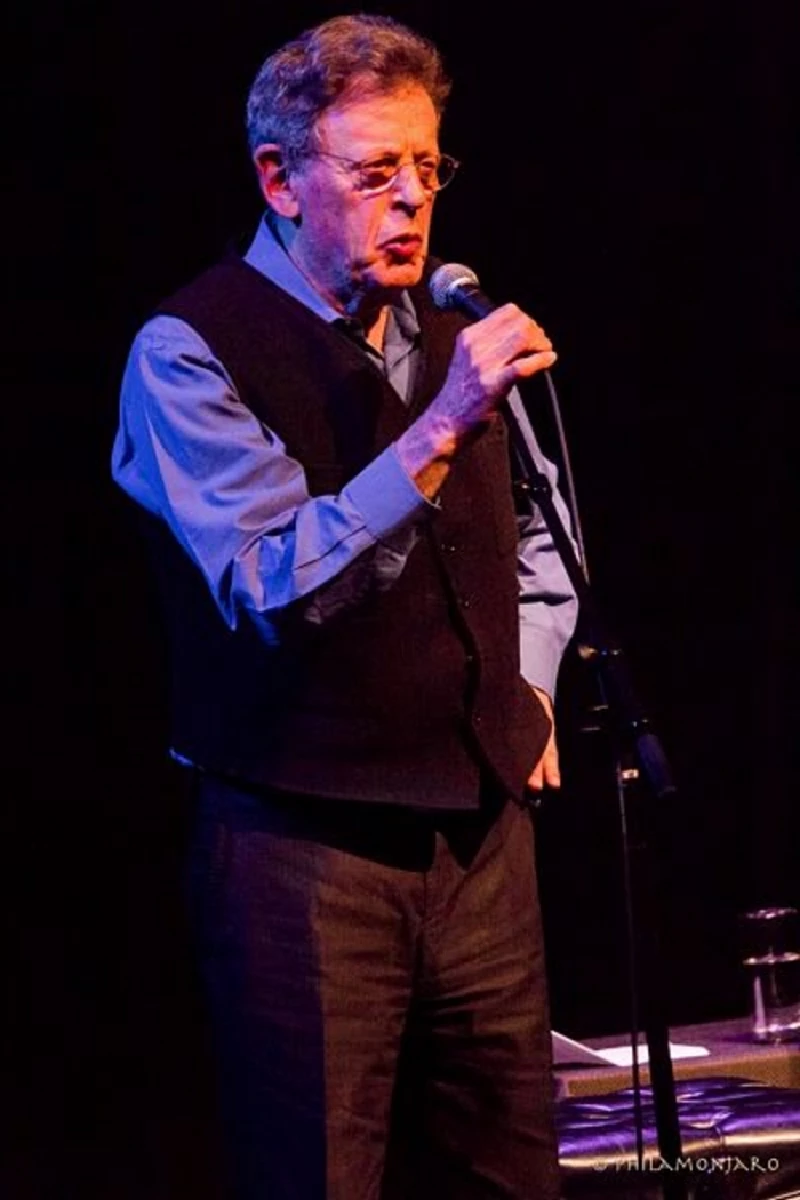
live reviews |
|
The Perfect American, Opera Theater, Chicago, 30/4/2017 |
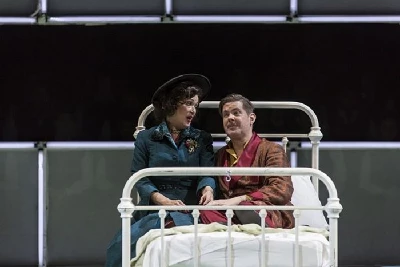
|
| Lisa Torem enjoys the hypnotic harmonies, strong performances and contemporary perspectives of 'The Perfect American' by composer Philip Glass |
most viewed articles
current edition
Shrag - Huw Stephens Session 08.12.10 and Marc Riley Session 21.03.12Gary Numan - Berserker
Razorlight - Photoscapes
Max Bianco and the BlueHearts - Troubadour, London, 29/3/2025
John Hassall - Photoscapes
Primal Scream - Photoscapes
Roberta Flack - 1937 - 2025
Waeve - Club Academy, Manchester, 18/3/2025
previous editions
Heavenly - P.U.N.K. Girl EPManic Street Preachers - (Gig of a Lifetime) Millennium Stadium, Cardiff, December 1999
Boomtown Rats - Ten Songs That Made Me Love....
Beautiful South - Ten Songs That Made Me Love...
Barrie Barlow - Interview
Oasis - Oasis, Earl's Court, London, 1995
Trudie Myerscough-Harris - Interview
Dwina Gibb - Interview
Pixies - Ten Songs That Made Me Love...
Doris Brendel - Interview
most viewed reviews
Pennyblackmusic Regular Contributors
Adrian Janes
Amanda J. Window
Andrew Twambley
Anthony Dhanendran
Benjamin Howarth
Cila Warncke
Daniel Cressey
Darren Aston
Dastardly
Dave Goodwin
Denzil Watson
Dominic B. Simpson
Eoghan Lyng
Fiona Hutchings
Harry Sherriff
Helen Tipping
Jamie Rowland
John Clarkson
Julie Cruickshank
Kimberly Bright
Lisa Torem
Maarten Schiethart